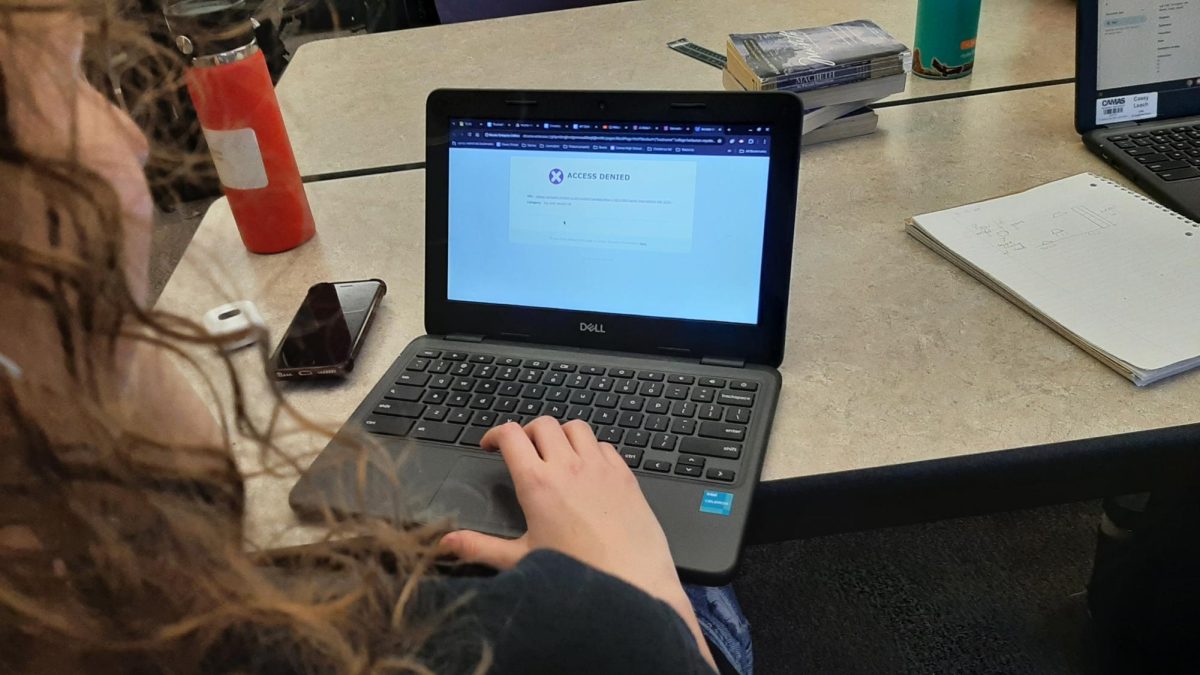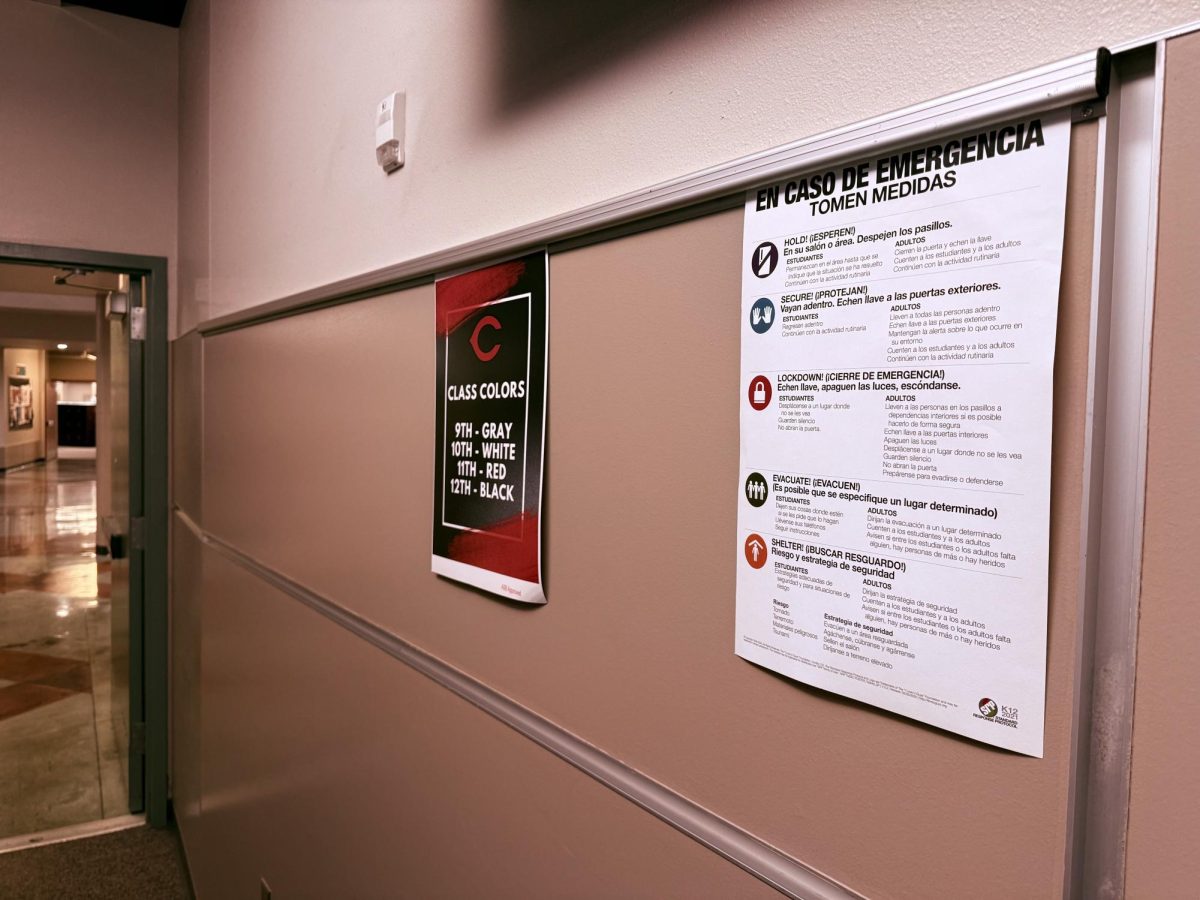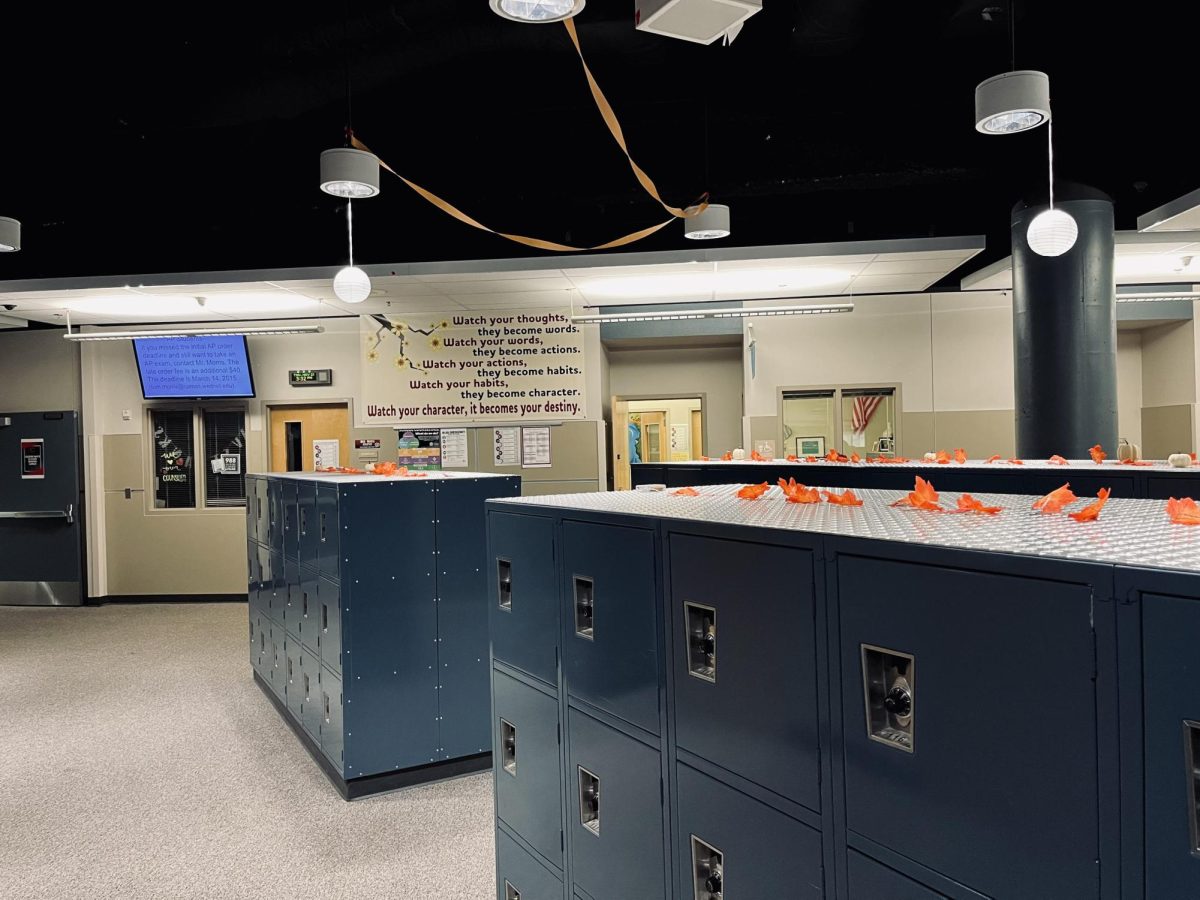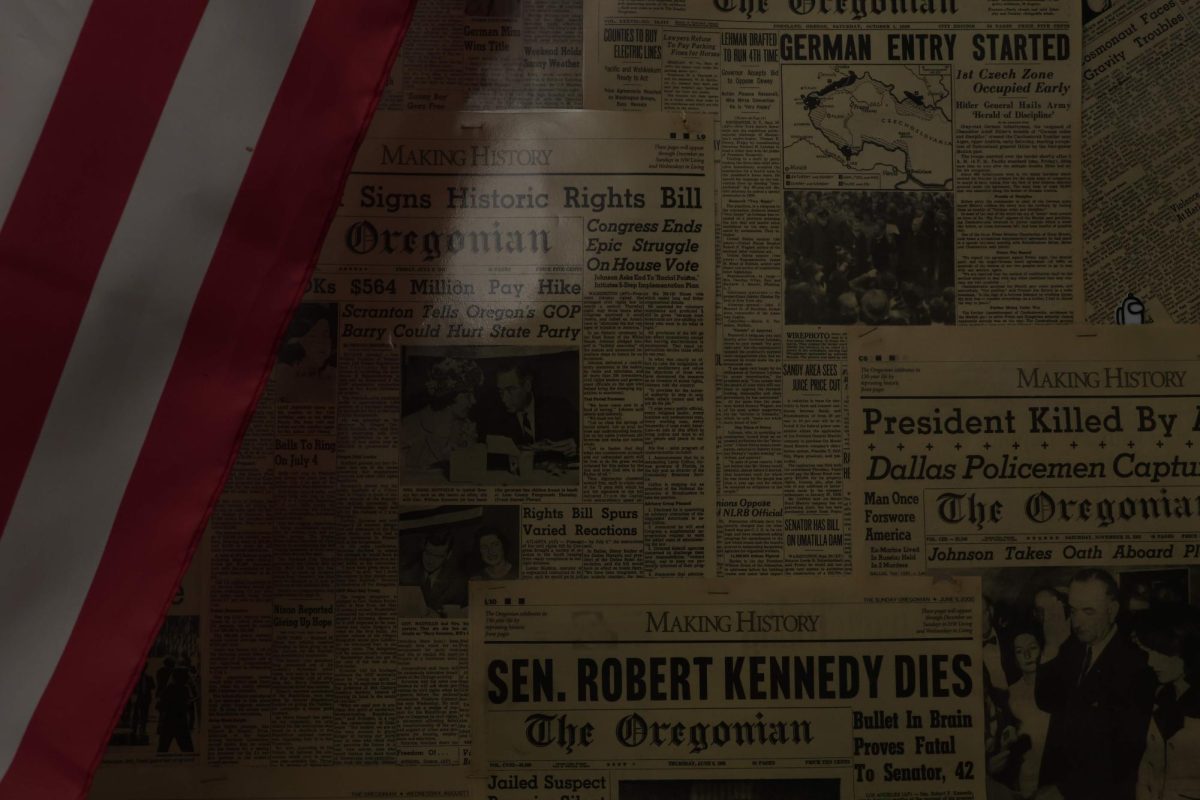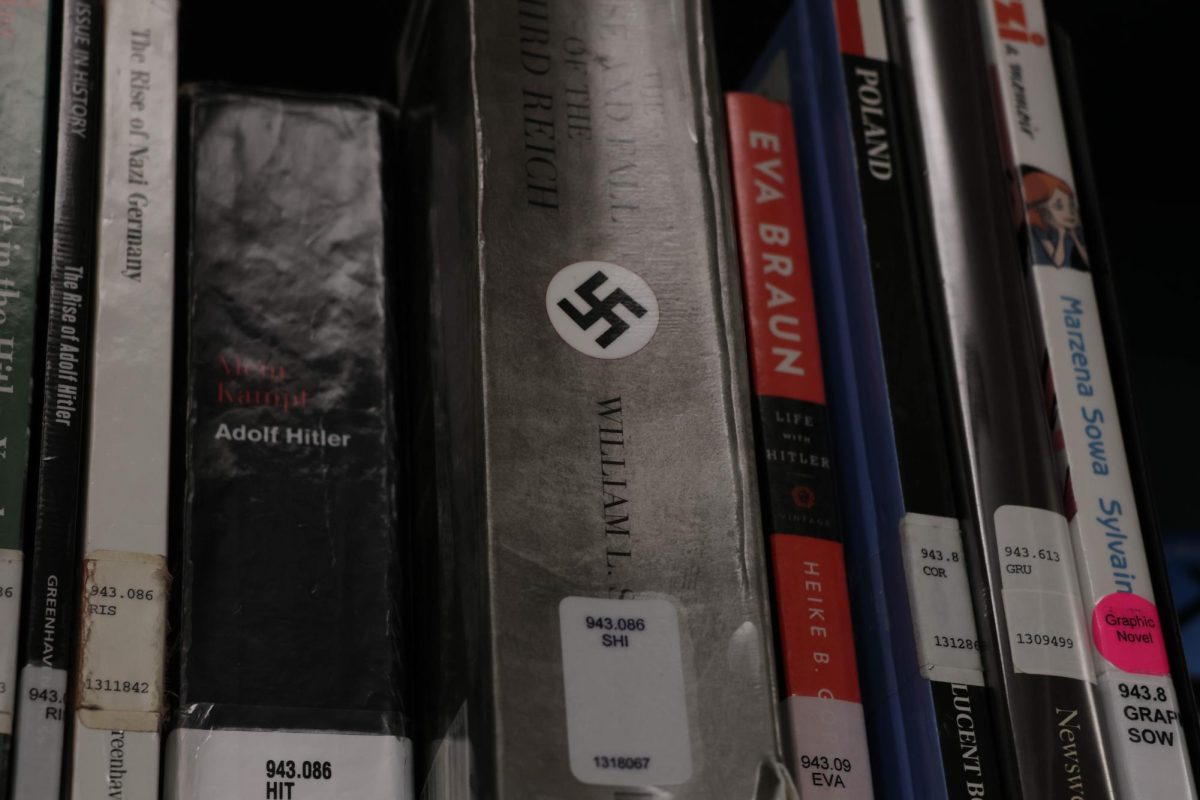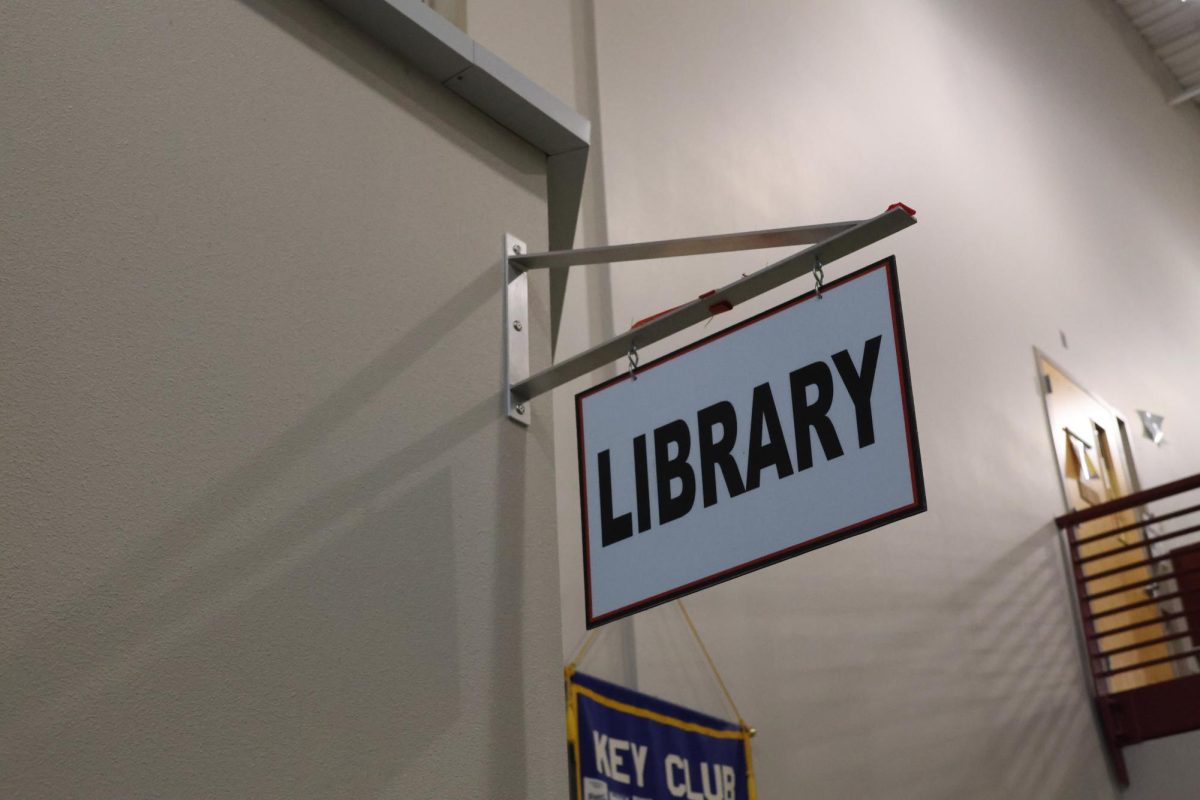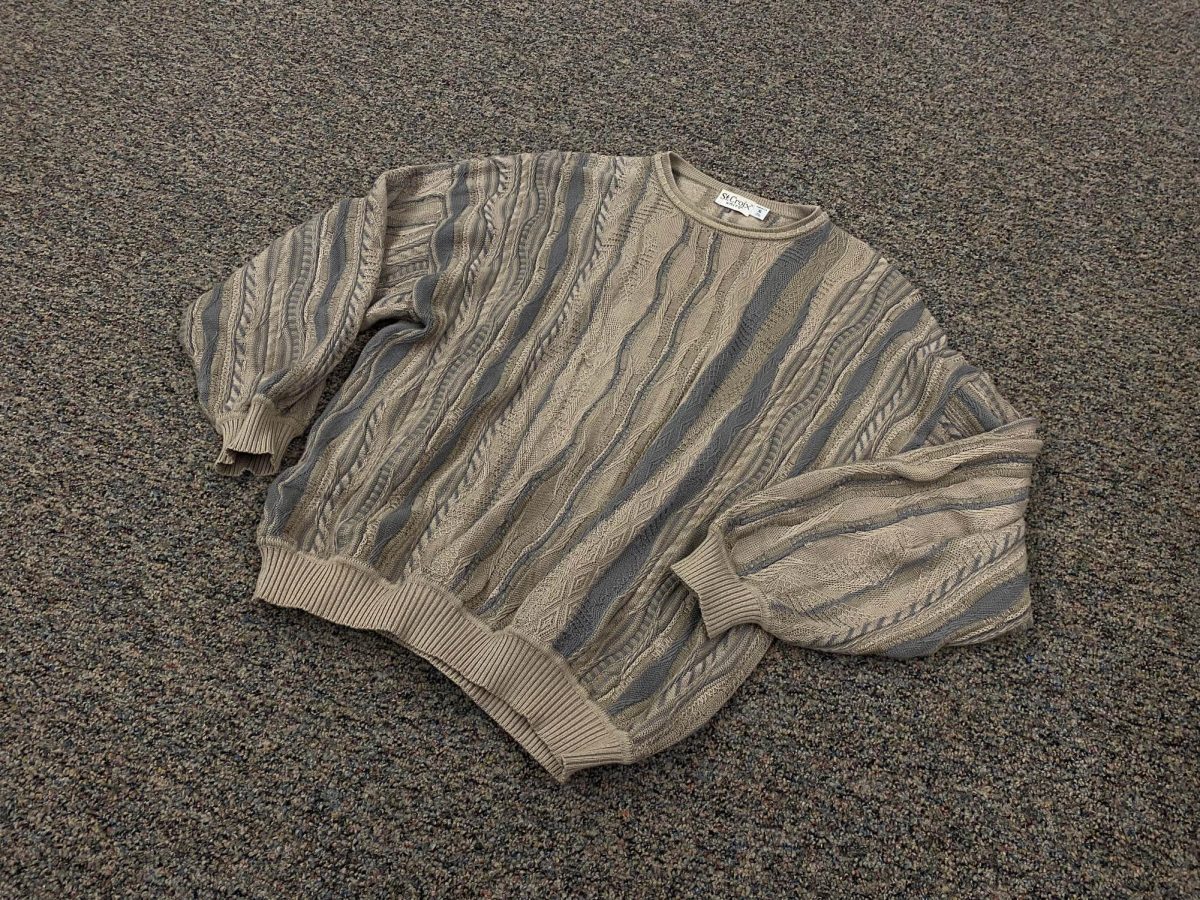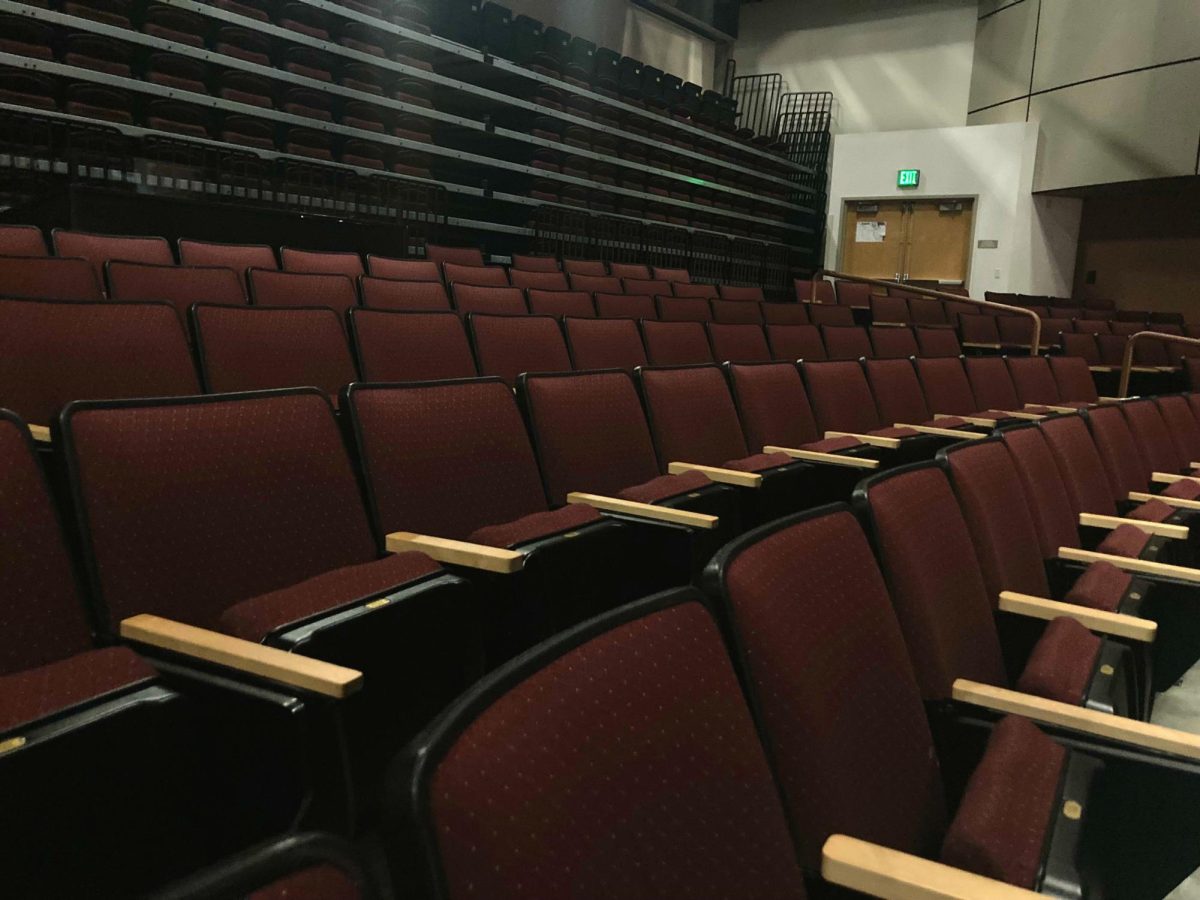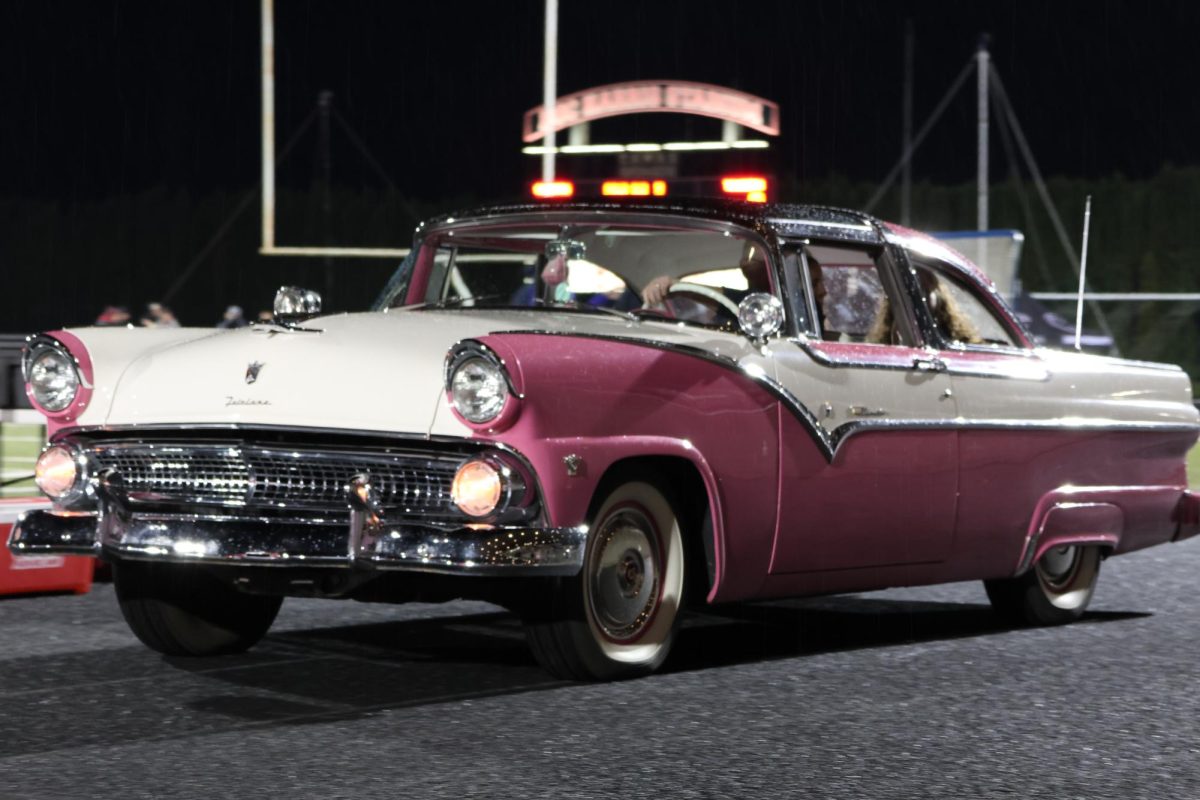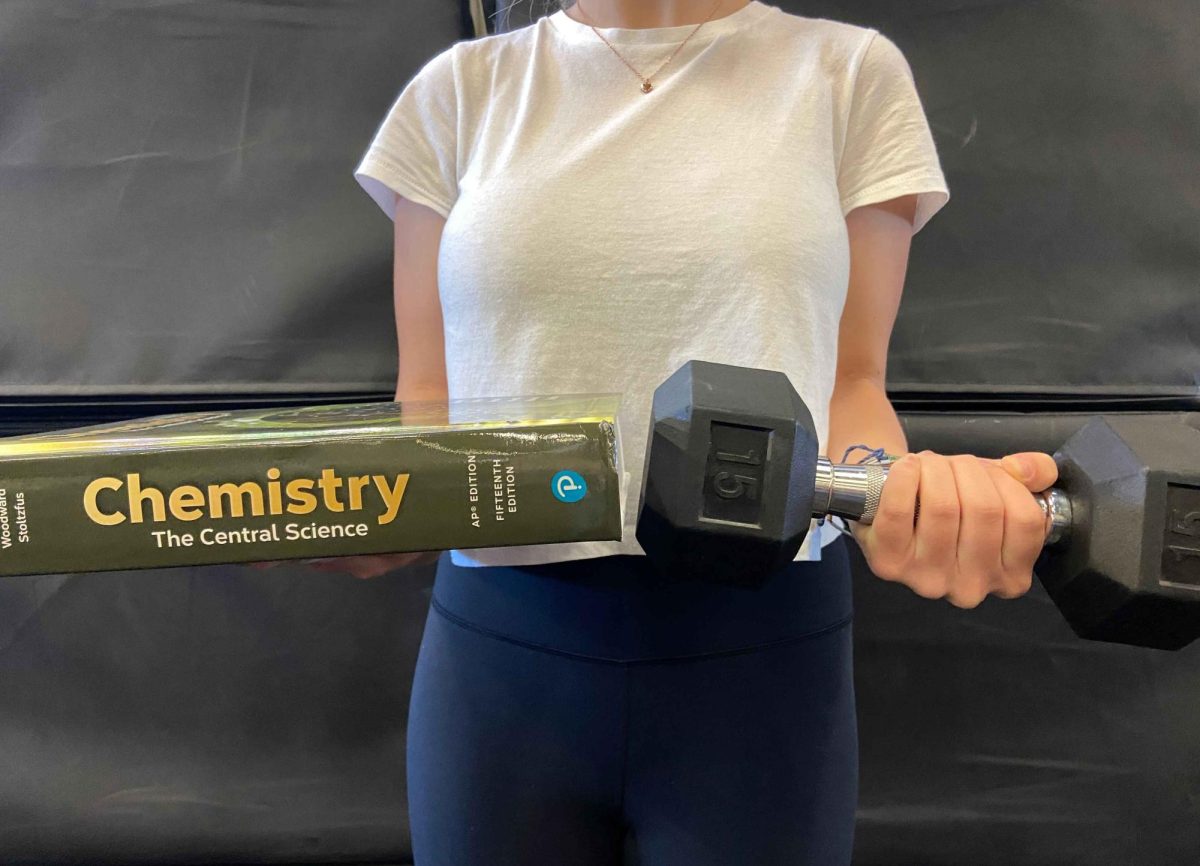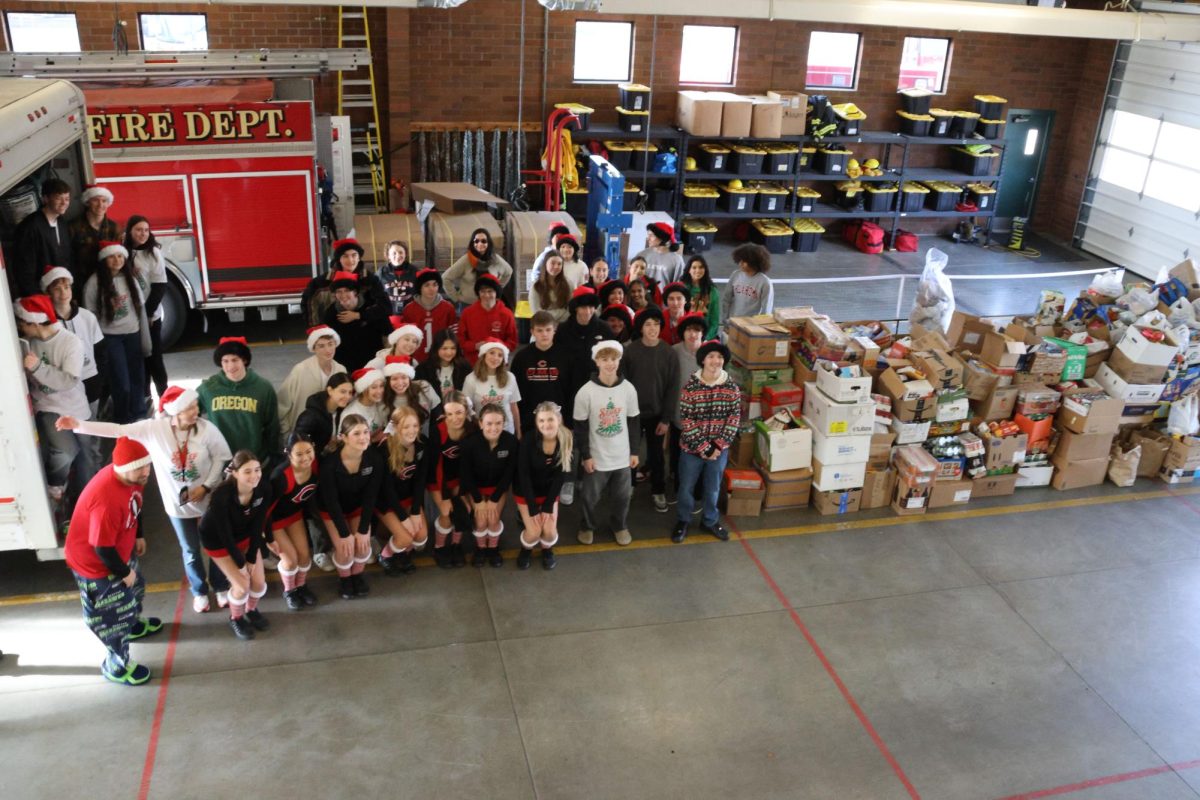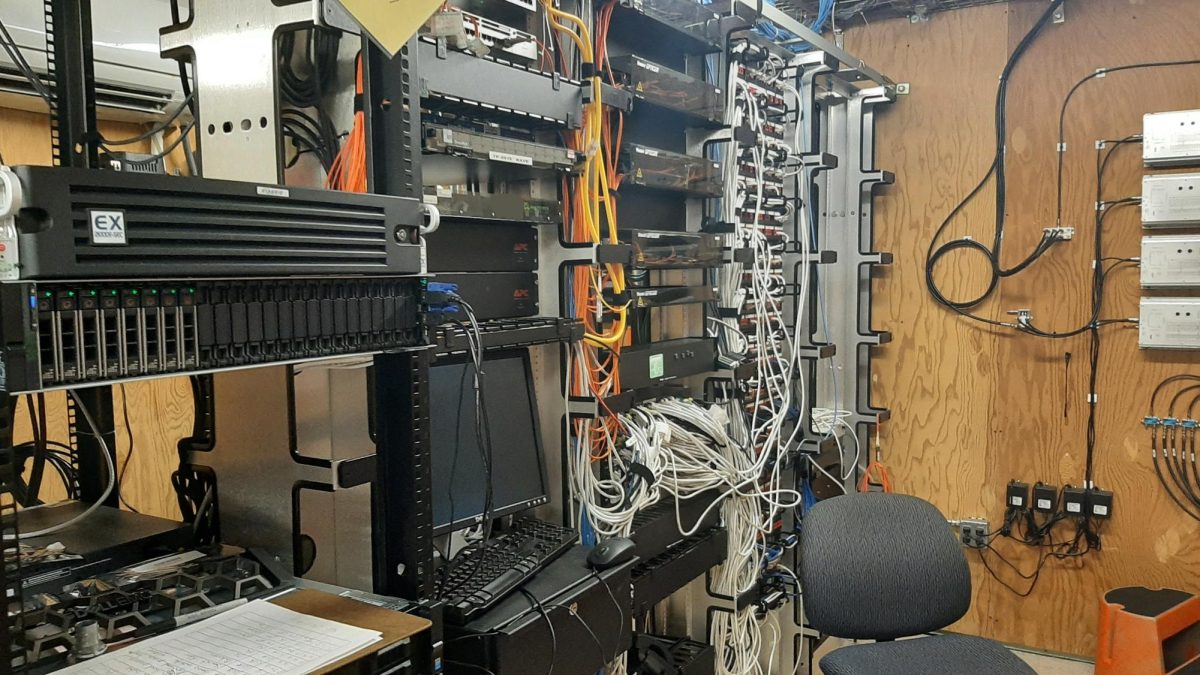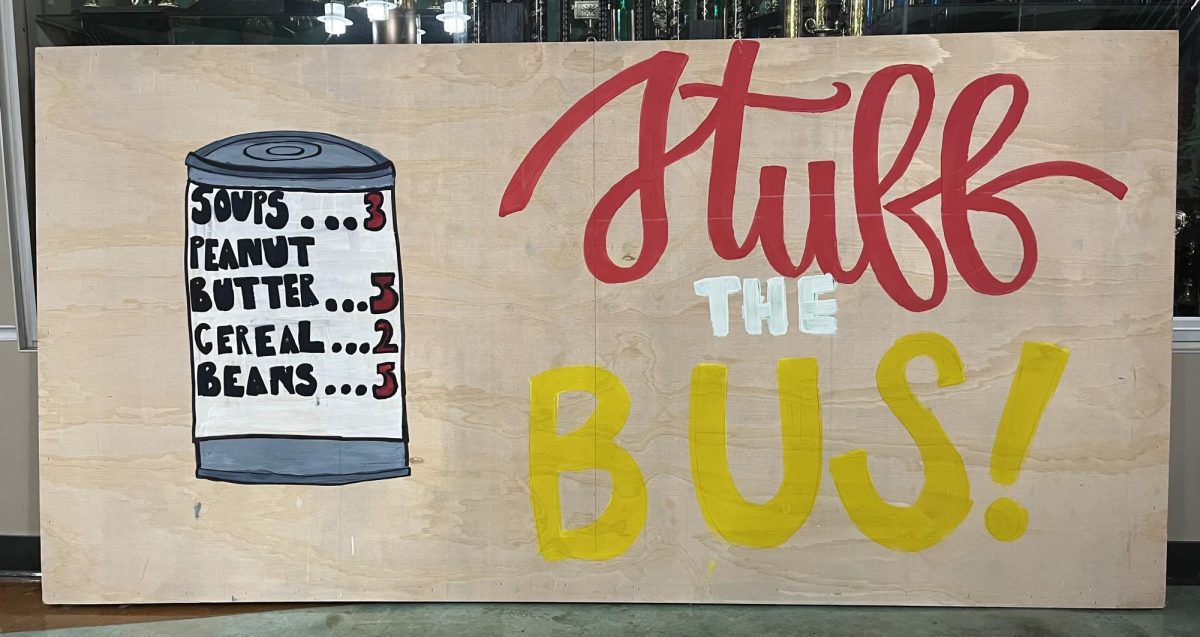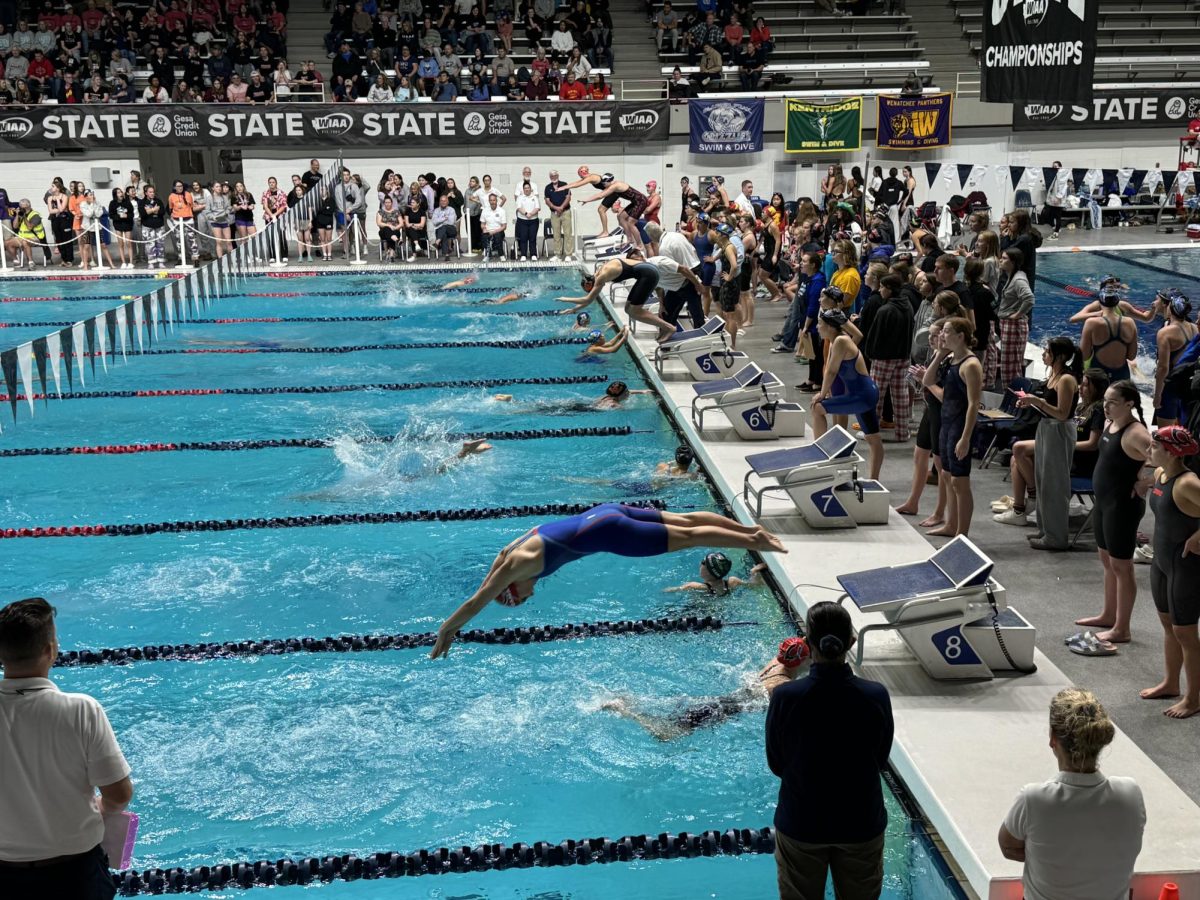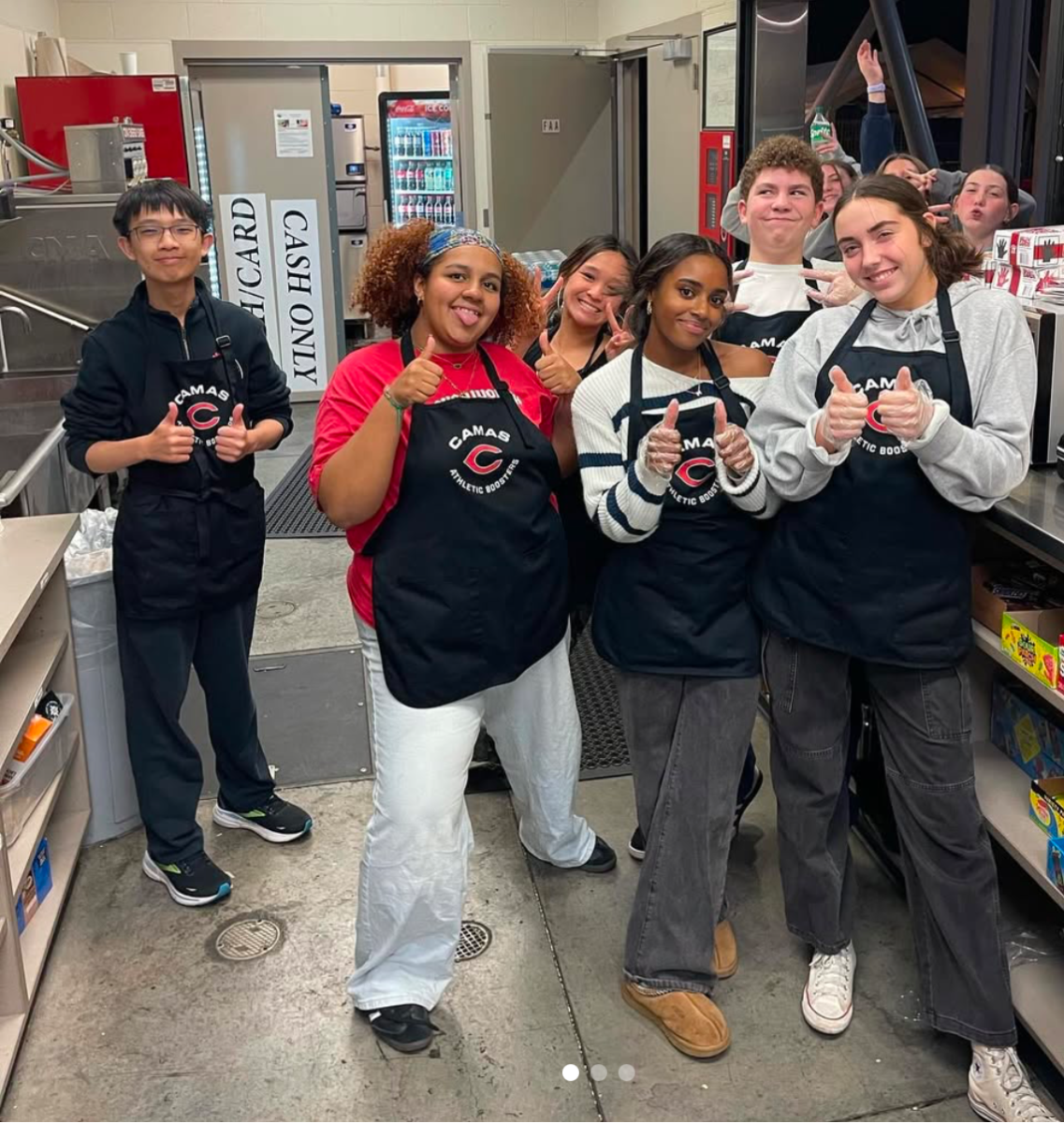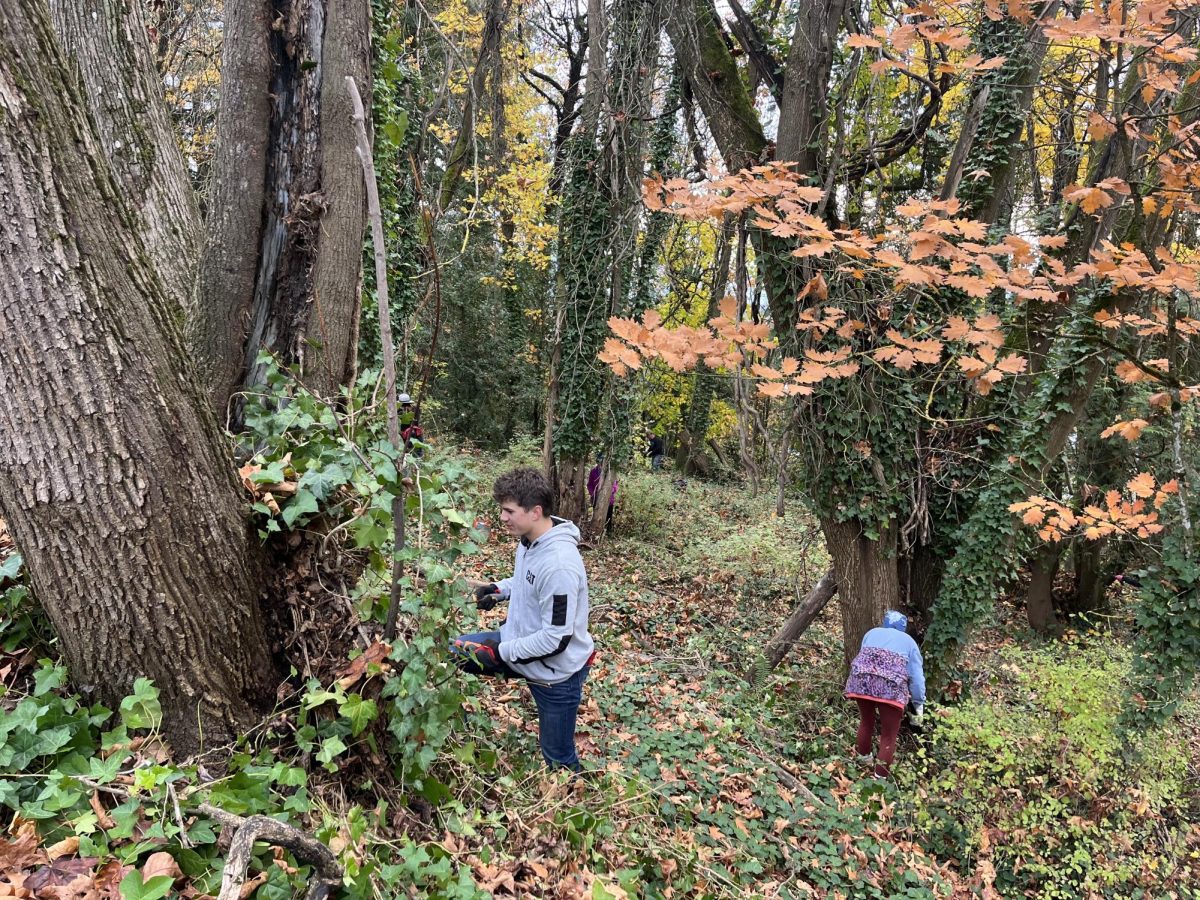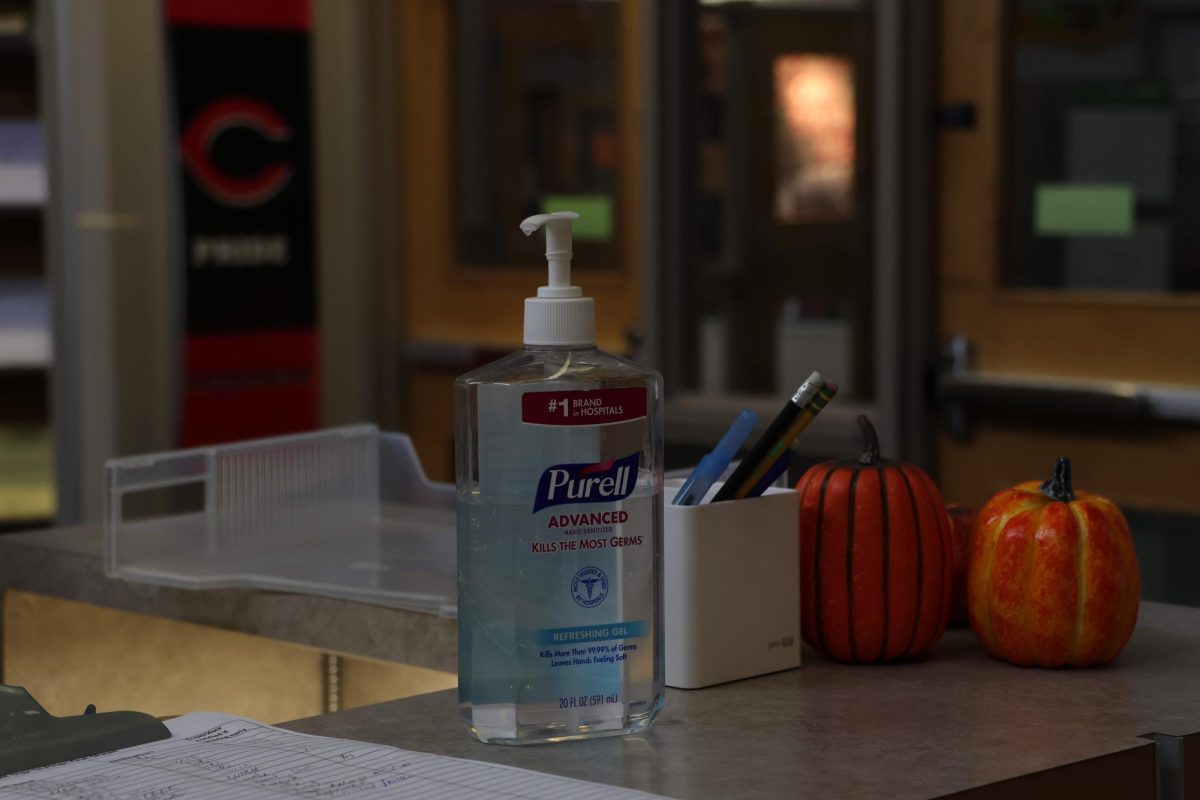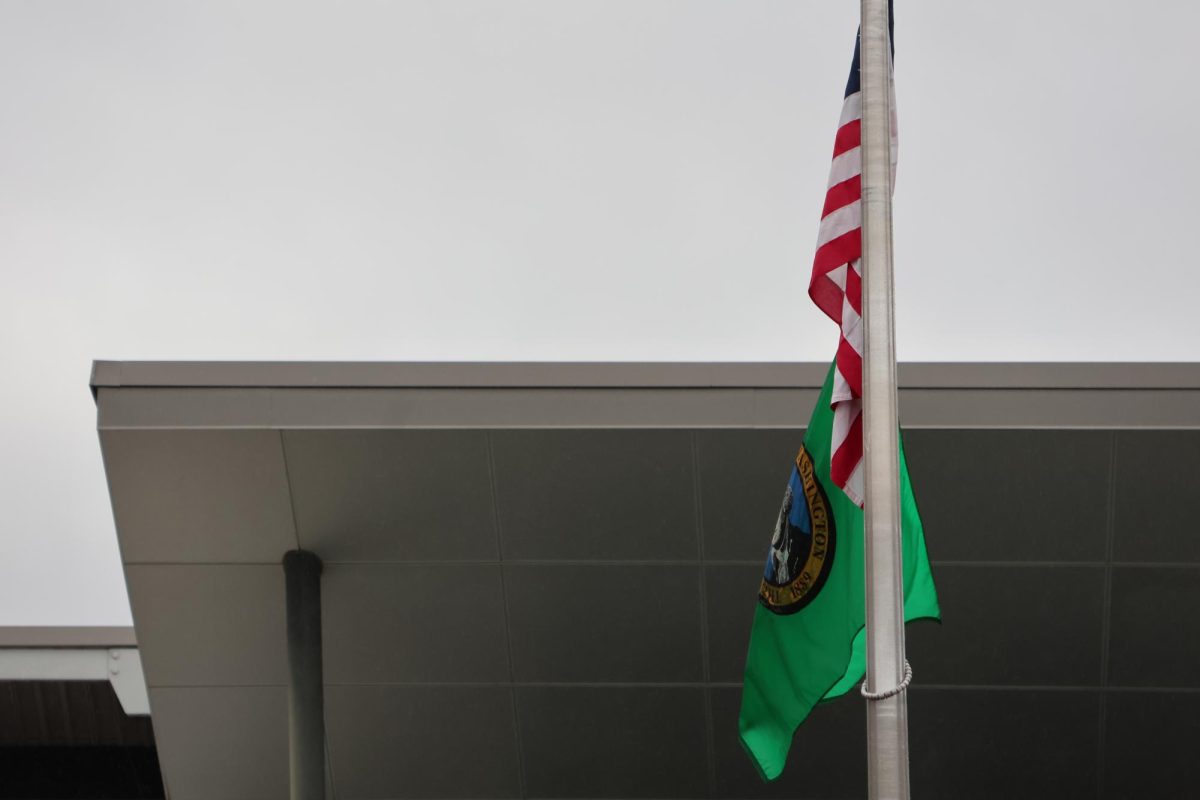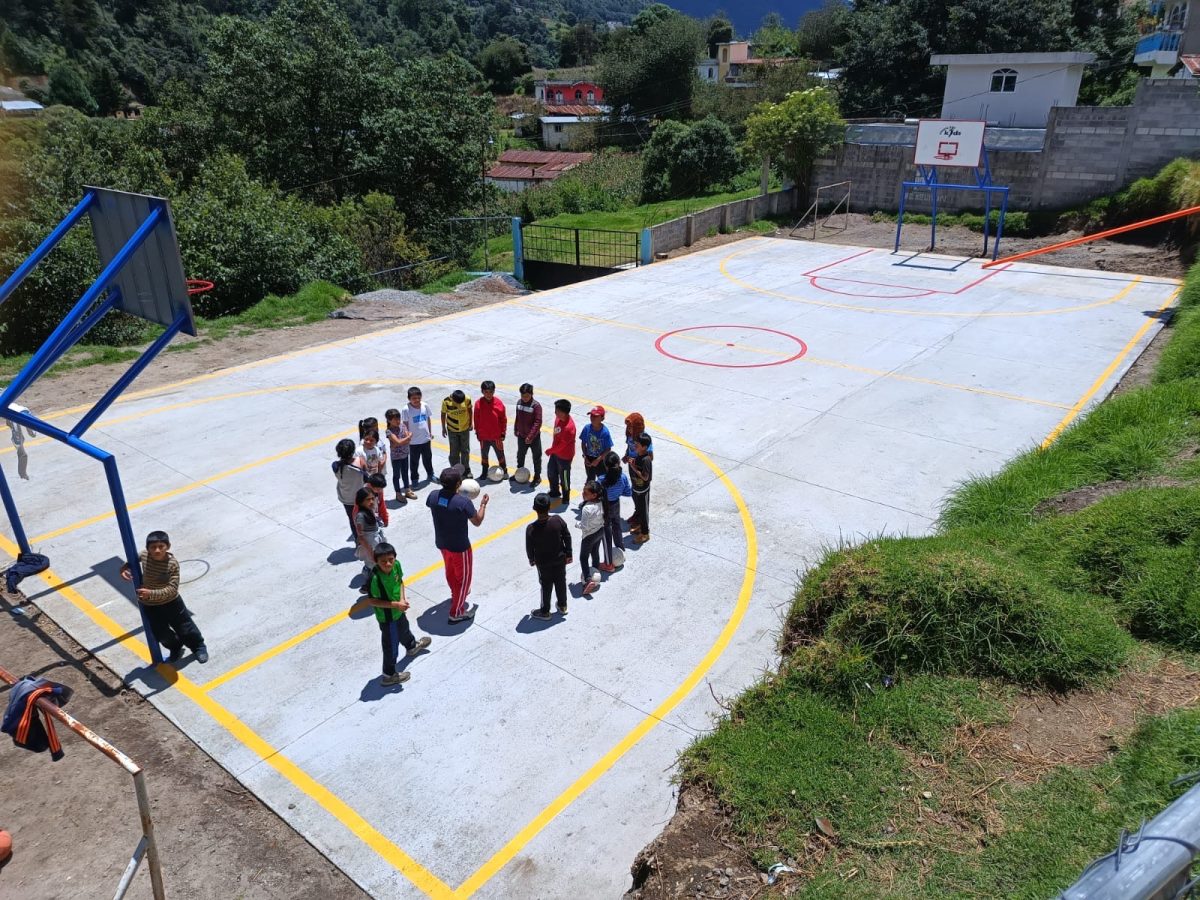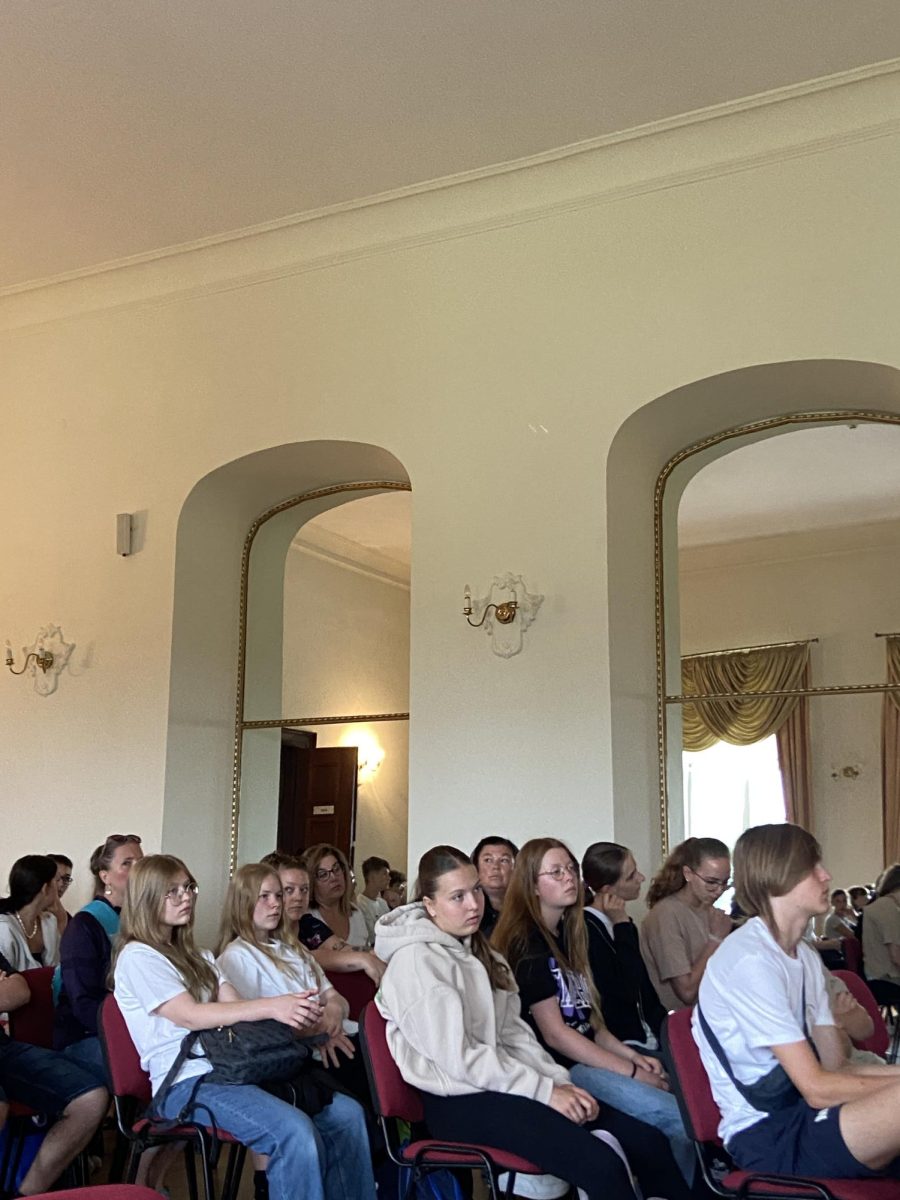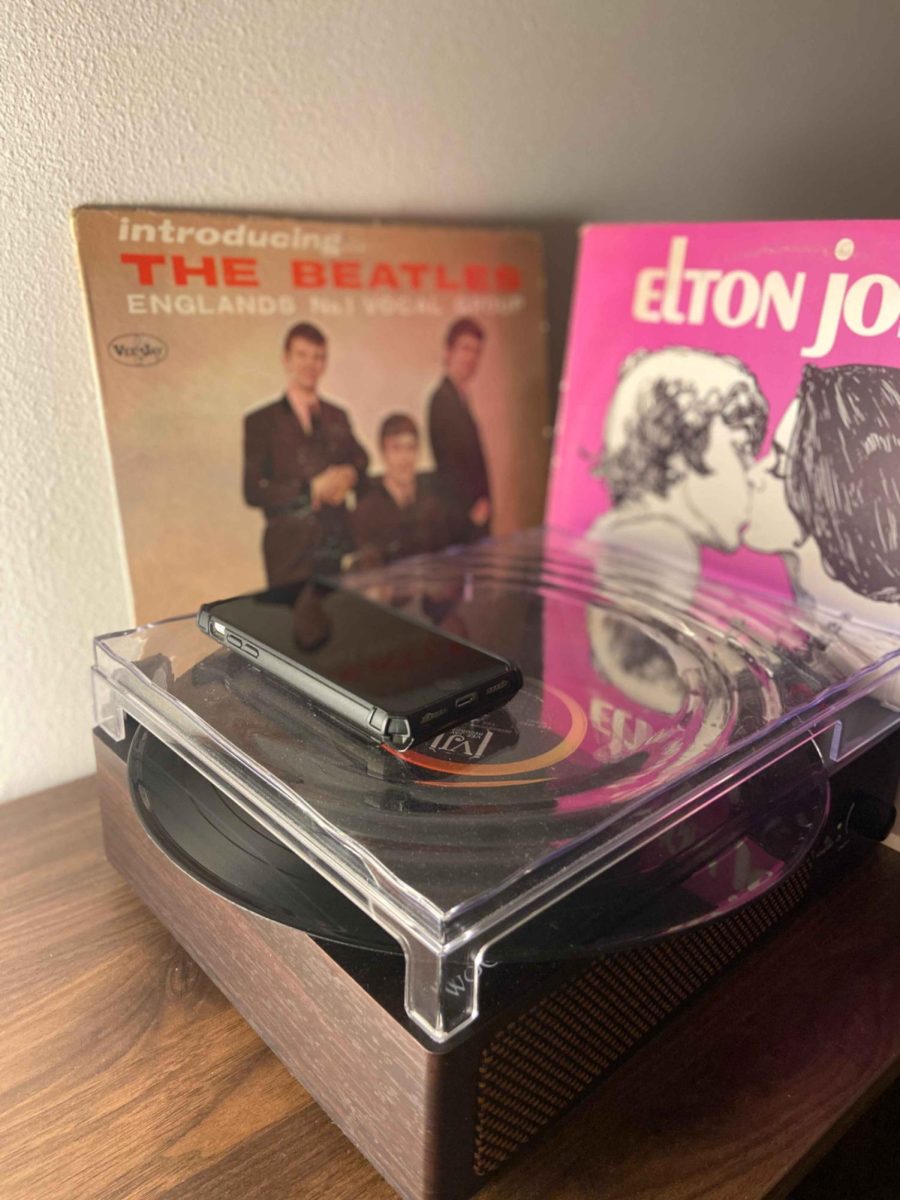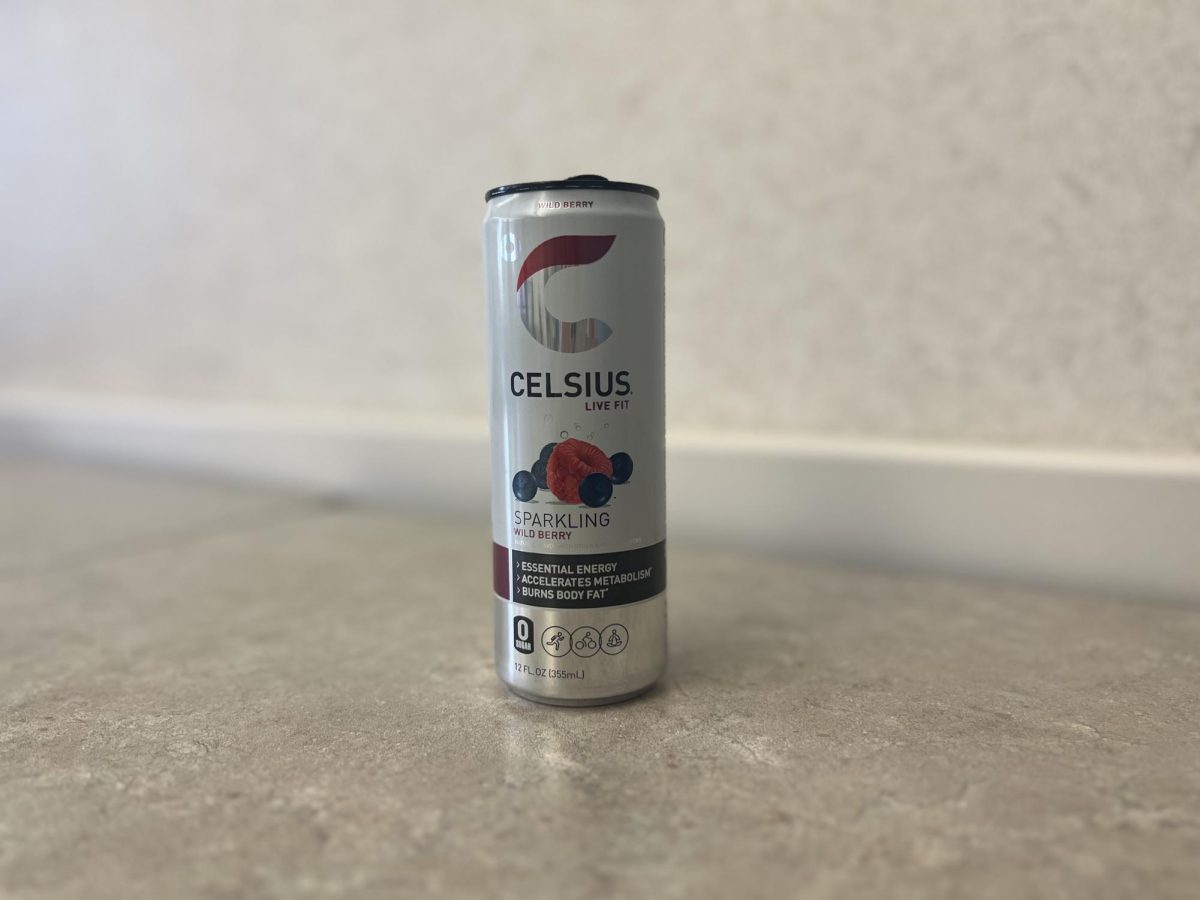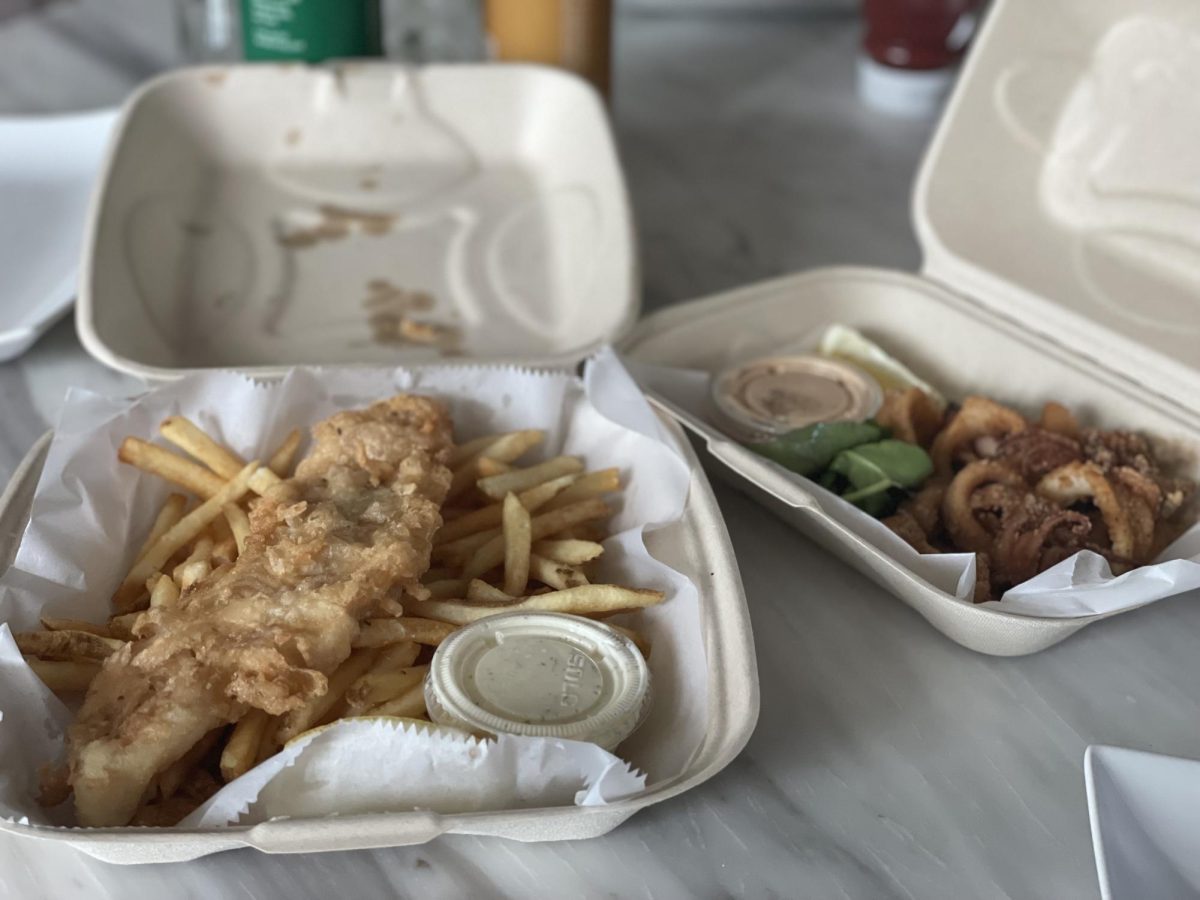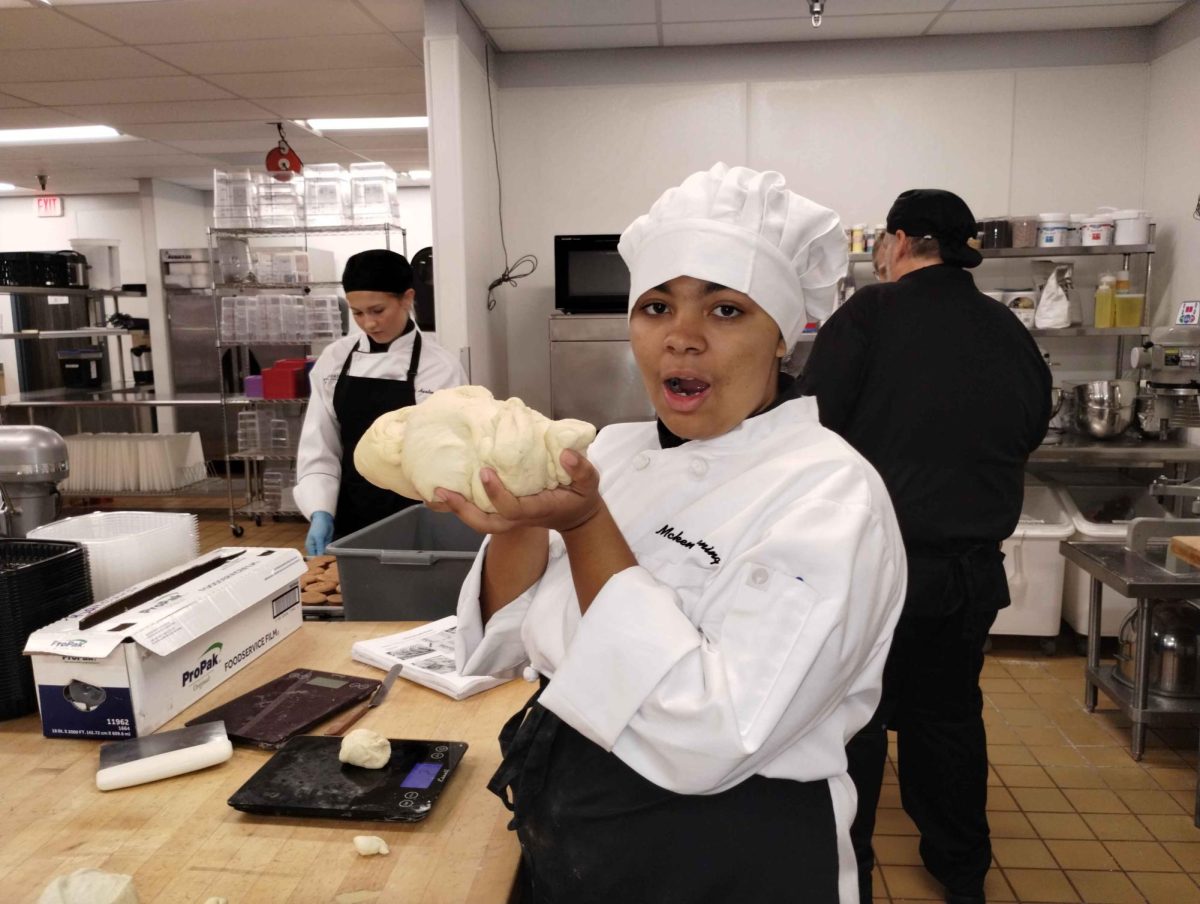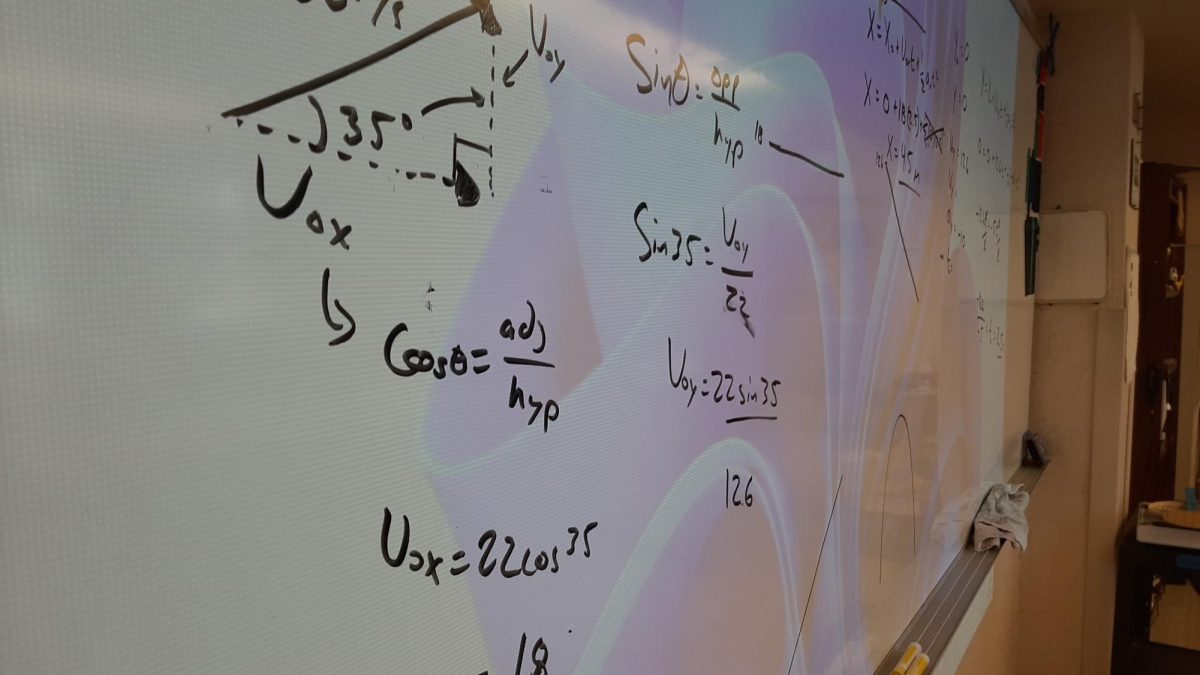Dealing with Drug Dealers: CHS Procedures
May 13, 2022
Recently there has been suspicions on campus regarding the alleged suspension of a number of students for being found in possession of drugs on campus.
Although the names and number of people cannot be disclosed, the school discipline policy should seamlessly align with the considered circumstances. There are different circumstances of drug possession, including the type of drug, who was using the drug, and how much of the drug administrators found. There are different disciplinary procedures to go along with those different circumstances, and similarly, Camas High School’s (CHS) administration has different policies and capabilities regarding students found in possession of illegal substances on campus.

Associate Principal Seanna Pitassi said, “the term is ‘reasonable suspicion’ for us, and it’s a little different for police officers. We have to have something that gives us an indication that a student might have an illegal substance on them, and so the fact that they have discipline history, that is part of their consequence. If there are students in the same bathroom stall together and we’re not one person to a stall, in certain situations that can be considered reasonable cause to search because we know a lot of vaping happens in the bathrooms. As long as we have a reasonable suspicion we can ask to search and see what we find.”
Riker Yoes, a freshman at CHS said, “I don’t think [the school is handling the drug problem], because I still have seen people vaping in the bathrooms.” Yoes claimed to be unaware of the school reporting system.
Once the student is searched, Pitassi reported that “being in possession of drugs is going to probably, and it can depend, get a three day suspension, two Saturday schools, backpack searches, and a referral to drug and alcohol counselors.”
Pitassi said that being a drug supplier has harsher consequences than using a drug. “If we suspect, and we have to have some evidence or someone being a supplier, that one’s a little trickier, we have to have some evidence of that, which could include having a large supply on them. That’s harsher. [It’s] a five day suspension automatically. It’s still a short-term suspension, but that’s probably the longest short-term suspension that we do.”
Freshman Dylan Anderson said, “I would say [someone found using drugs on campus] should be suspended for a while.”
However, Pitassi emphasized a contrast of opinion with Anderson, regarding discipline policy through mentioning that the school tries to keep from doing just that. Pitassi said, “we don’t really do really long term suspensions anymore. In the last maybe 5 years or so our state has moved more towards restorative practices, so [that means] really trying to get to the root of the problem rather than just kicking the kid out of school for a month because what good is that?”

“That’s not really helping the student; they’re not in class, they’re not able to connect with their peers and do their schoolwork as well. We can [suspend students for a long period of time] but I haven’t seen any really long term suspensions in the two years I’ve had this position because our goal is to try to figure out what the problem is, and then get the kid back to school so they can have access to our services here,” added Pitassi.
“I had a friend who got suspended for drugs, but they were caught. I feel like it’s pretty good they got caught, because drugs are bad. I was not aware of their punishment, but I’m sure it was accurate, he seemed pretty upset about it,” said freshman Nick Chinakos.
“[It] depends on whether or not this is the first time a student has been caught, or the second or third or fourth, right? What we do overall is, we have progressive discipline, so as we continue to see that same behavior repeated over and over, the discipline becomes harsher and harsher,” said Pitassi. “There are procedures separate for tobacco than procedures for marijuana and alcohol and other types or hard drugs.”
“For a tobacco vape offense, the first consequence for that offense is a Saturday school, and that is a couple hours on a Saturday for a couple hours when the students come in and they can’t be on their phones they can just work on schoolwork or that kind of thing,” said Pitassi.
“We have a drug and alcohol counselor on campus, so whenever a student is found in possession of any type of drug to that specialist, and then we also do up to four random searches of a backpack or a car,” said Pitassi. “As part of the consequence, we can pull a kid in and do a search anytime, we usually just have a security go and grab them from class and bring all their stuff and then we just look through. Hopefully that helps students know that they are being held accountable for having things on campus, that’s really our goal,” said Pitassi.
Students using drugs or alcohol can discreetly reach out to the drug and alcohol counselor if they choose to. “There’s a new law in Washington that students can access a drug and alcohol counselor without parents knowing or the school knowing, so we refer students to the drug and alcohol counselor and we highly encourage that they go see a counselor if they have gotten in trouble for something involving drugs or alcohol,” Pitassi said.
The counselor at CHS is dedicated to helping teenagers that are addicted to drugs. “We don’t have a way to necessarily confirm that they do that, but we have lots of kids that will go and meet with our drug or alcohol counselor once, or make standing appointments with him, and so it’s a little tricky there with what specifically goes on. His goal is to help kids battle addiction and so if it’s something that they’re not able to go the whole school day without having a substance, that’s a concern.”
Pitassi also talked about the root of why the school does disciplinary actions. “We want to make sure that kids are safe, and if they are not able to be here all day, then we’re concerned for you, because we’re afraid that you’re addicted to a substance and we want to help students with that. So he just talks with them about that and strategies to help with addiction,” she said.
“We try to involve parents, when kids get referrals we try to call parents and try to loop in with the family as best as we can and do what we can on our end to support the family as well. I think at that point that kind of becomes a family decision and some of those things have to be worked through with our help if they want but we don’t allow [illegal substance use] on campus. That’s a pretty hard and fast rule, but we want to be able to support kids that are having these issues, so at that point we will try to get family involved and get a school counselor involved so we can brainstorm and get solutions to help that kid,” Pitassi said.
Ultimately, at CHS, students who have a ‘reasonable suspicion’ can get searched for drug affiliation, and those who deal drugs receive greater consequences than people who get caught in possession of drugs, and there is progressive discipline tailored to each situation, but one thing remains the same; the school wants the best for all its students, and will thereby focus on restorative practices and working to make it so illegal substances are not present on campus.

